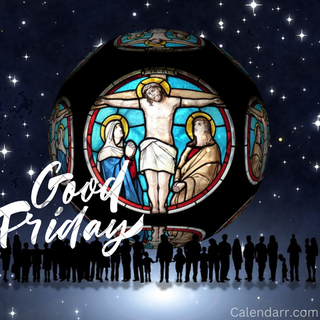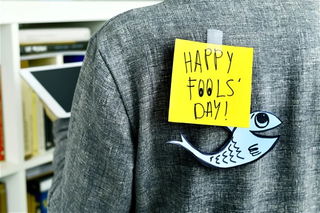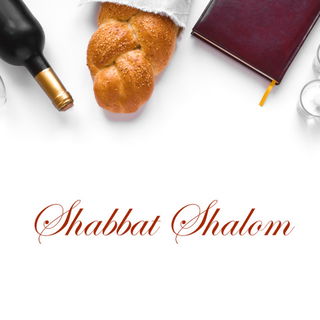- Calendar
- Calendar 2025
- December
- Festivus
Festivus
Festivus, observed on December 23rd is a quirky, no frills holiday created by the famous American sitcom Seinfield to break free from the commercialism of the holiday season.
It was introduced in the episode titled The Strike (Season 9, Episode 10).
Festivus helps in embracing the unconventional with its “Feat of Strength” the classic “Airing of Grievances” and the minimalist aluminum pole.
Since that episode first aired on December 16th, 1997, and particularly in the last 5 years, the celebration has gained traction with the public.
It is now widely celebrated among those who believe Christmas has become too commercial, or who do not wish to celebrate Christmas because of their faith/beliefs.
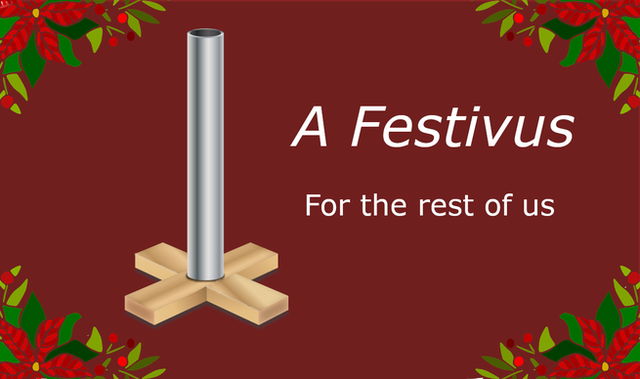
Origins of Festivus
Daniel O'Keefe, who was an author and editor, created Festivus in 1966, and it began as a unique holiday for his family. He was supposed to celebrate the anniversary of his first date with his future wife, Deborah.
Although featured on Seinfeld, the scriptwriter Dan O'Keefe has explained in interviews that the idea itself wasn't exactly his creation and that it has origins in his own childhood.
Festivus was created by the father of Dan O'Keefe, Daniel O'Keefe, and whilst the rituals and traditions may have been very different, the principles were the same. Festivus was a rejection of Christmas and its commercial aspects of it, in favor of a more relaxed and informal celebration.
O'Keefe thought of the name “Festivus” out of the blue also it comes from a Latin word that translates to “festive” or “joyful”.
The phrase “a Festivus for the rest of us” was used by Daniel O’Keefe to refer to the living family members after the passing of his mother, Jeanette, in 1976.
Daniel O’Keefe was also a writer who explored the importance of rituals in society. In 1982, he published a book called Stolen Lightning: The Social Theory of Magic, which discussed unusual traditions and their deeper meanings-something that connects closely to Festivus.
The holiday became famous when Daniel O’Keefe’s son, Dan O’Keefe, a writer for the TV show Seinfeld, featured it in an episode in 1997. The show gave Festivus a humorous twist, and it has since become a popular alternative holiday, celebrated every year on December 23.
Seinfeld Origins
In the episode of “The Strike”, the first mention of Festivus is in the second scene. Jerry Seinfeld is chatting with Elaine and George in a diner when Jerry asks about a card that George is holding in his hand.
It transpires that the card is from George's dad, Frank, and it says 'Dear Son, Happy Festivus'
Later in the same episode, Frank is explaining the origins of Festivus to Kramer and he says the following:
Many Christmases ago I went to buy a doll for my son, I reached for the last one they had, but so did another man. As I rained blows upon him I realized there had to be another way. [...] It was destroyed but out of that a new holiday was born, a Festivus for the rest of us.
Festivus Traditions
- Festivus Pole: A bare aluminum pole is used instead of a holiday tree, symbolizing simplicity and rejecting holiday commercialism.
- Airing of Grievances: Participants share humorous complaints about how others have disappointed them over the past year, fostering laughter and a fresh start.
- Feats of Strength: The head of the household challenges a guest to a wrestling match, and Festivus isn’t over until the head of the household is pinned.
- Festivus Dinner: A straightforward meal, often featuring meatloaf, serves as the centerpiece for gathering and conversation.
- Festivus Miracles: Ordinary events or coincidences are humorously declared as miracles, adding to the light-hearted nature of the day.
Festivus Dinner
According to the book 'Festivus: The Holiday for the Rest of Us' by Allen Salkin, here are a few festive dishes to be served at Festivus to whet your appetite:
- Shrimp impaled On Mini Festivus Poles.
- Ham with junior Mint and Snapple glaze.
- Festive pole stuffed with chocolate salami and bitter nibs.
And why not wash this all down with a glass of 'Don't Make Me Punch You Punch'
Festivus for the Rest of us
Festivus may have become a symbol of a commercial-free Christmas, however quite ironically, as cards, gifts, and even aluminum poles become more and more common on online marketplaces, Festivus runs the risk of becoming just as commercial. And so the very thing that Daniel O'Keefe and Frank Constanza were avoiding.
Regardless, as Festivus has grown it has become a global celebration. Enjoyed by families and coworkers, the religious and the secular, fans and strangers of the series Seinfeld; it has become both a silly bit of fun and also a symbol of anti-capitalism. It is indeed 'A Festivus for the rest of us'.
Festivus Facts
- The O'Keefe family celebrated a holiday called “Festivus” in the writer's household, which included the aluminum pole, the airing of grievances, and the feats of strength.
- The choice of an aluminum pole as the symbol of Festivus is deliberate. It's meant to be a stark contrast to the highly decorated and often commercialized Christmas tree, representing the simplicity of Festivus.
- The concept of “Festivus Miracles” involves seeing ordinary events as extraordinary or miraculous, often in a humorous context. For example, finding a parking spot in a crowded area might be considered a “Festivus Miracle.”
- In some Festivus celebrations, the Feats of Strength are taken quite seriously, with feats of athleticism and competition becoming a focal point of the festivities.
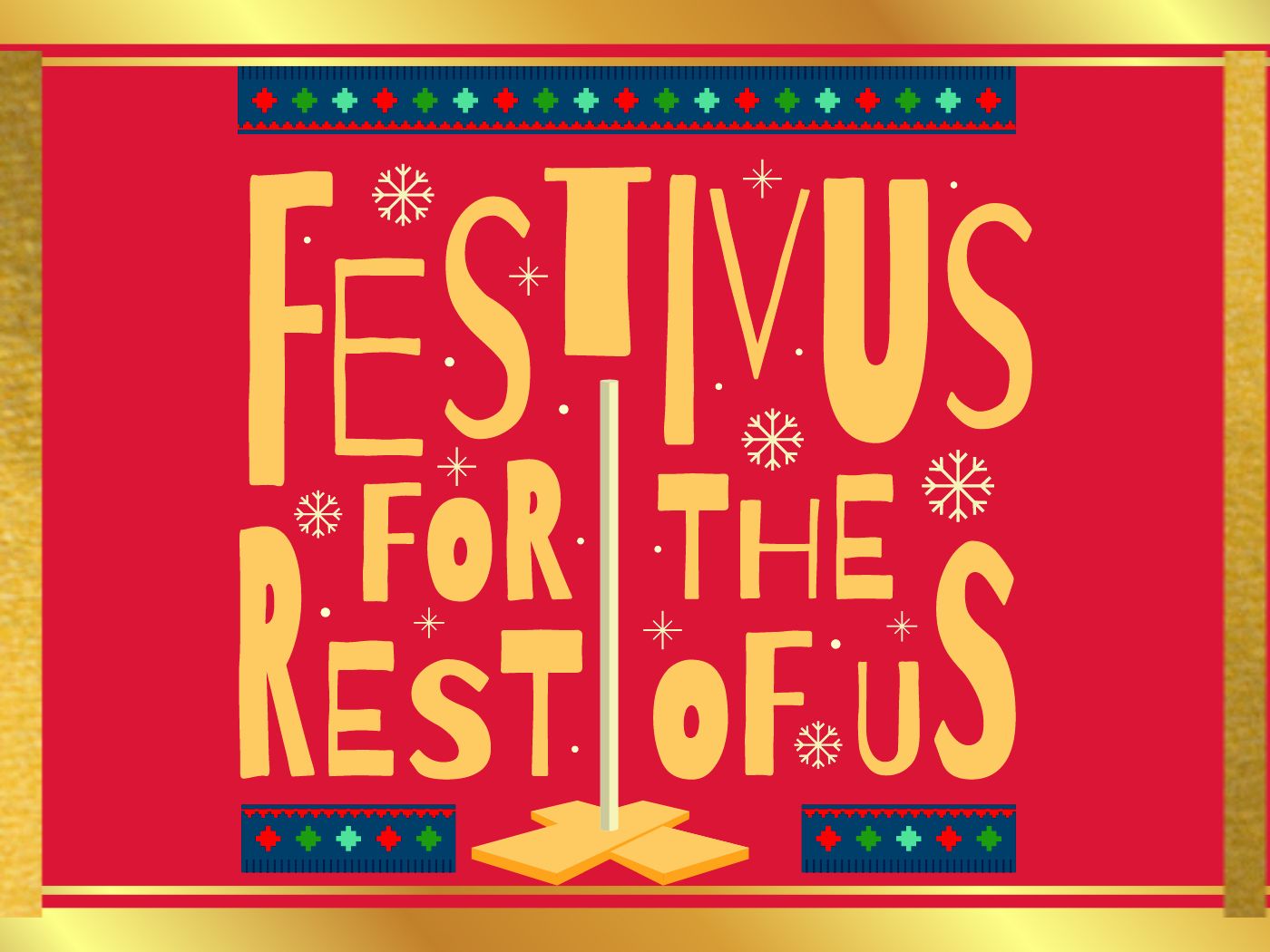
Other Celebrations
-
Feb 14 Fri
-
Apr 20 Sun
-
Apr 22 Tue
-
May 11 Sun
-
Oct 31 Fri
-
Dec 24 Wed

Festivus - Next years
Wednesday, 23 December 2026
Thursday, 23 December 2027
Saturday, 23 December 2028
